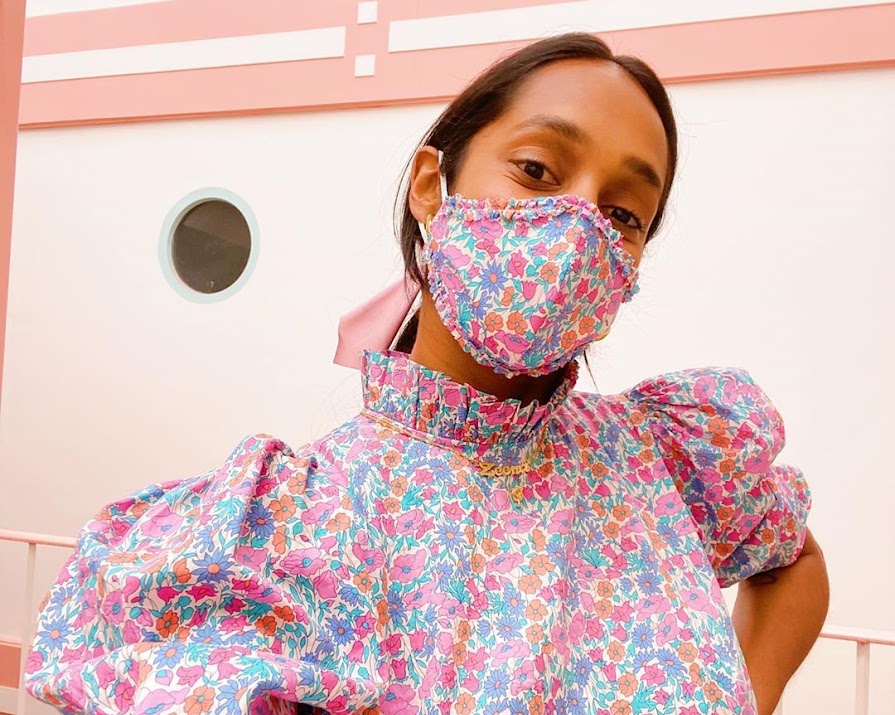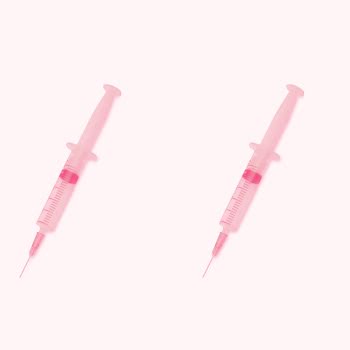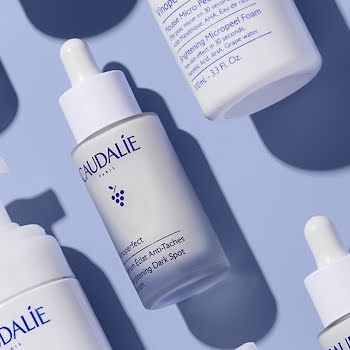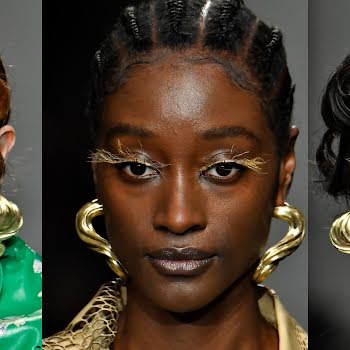
By Jennifer McShane
12th Oct 2020
12th Oct 2020
If stress-related breakouts and adult acne weren’t bad enough, Covid-19 has seen another form of skin disruption affect some.
Acne has been on the rise over the last few months, and it’s showing up in several different ways – stress-induced hormonal breakouts, quarantine diet-related acne, and as the name suggests, maskne (as it has been termed) is a type of breakout that results from wearing a face mask.
According to dermatologist Dr Robin Schaffran at BalmLabs, “Maskne is a real thing. Wearing masks all day long can exacerbate acne as well as causing irritation or dermatitis.”
How is our skin affected by wearing the face mask?
Sweat and oil buildup on the skin combined with the increased humidity from breathing into the mask, increases the PH of the skin which can cause bacterial and/or yeast overgrowth on the skin.
In addition, there is the constant rubbing of the mask on the face. All of this can contribute to clogging of the pores and increased acne breakouts. The constant rubbing from the mask can also lead to irritation rashes known as friction dermatitis and less commonly allergic reactions to the mask can occur causing a rash called contact dermatitis.
Does it affect more women than men?
While there have been no studies on this, it appears to affect both men and women. Much will depend on the type and condition of your skin – as well as how long you’re wearing the face masks for.
What can we do to help our skin?
1. Disposable paper masks will help as you know you’re putting on a fresh one every time, but they aren’t friendly to the environment either.
2. If using cloth face masks which most people are, wash frequently (every 1-2 days) and ensure it’s clean (or the mask is changed) each time you wear it.
3. If reusing a disposable mask, hang it up in a sunny spot and let it dry out for a couple of days. Be careful to wash it before re-wearing as reusable masks are particularly bad for the skin if they’re not washed properly as they can collect dust, bacteria which will become trapped between the mask and your skin when it’s next worn.
4. Cleanse skin with a gentle cleanser each day, ideally with a mild exfoliating ingredient in it. Be careful not to strip the skin by over-exfoliating, which will cause trauma to the skin, leaving it dry and irritated.
5. Avoid using any irritating anti-ageing or acne ingredients during the day under the mask (things like retinol/retinA or benzoyl peroxide).
6. Use gentle, non-irritating skin products with hydrating properties (including squalene, ceramides, hyaluronic acid). Keeping the skin hydrated encourages healing and skin repair. If possible, include anti-inflammatory ingredients such as niacinamide or CBD.
7. For minimising friction dermatitis (more of an issue with tightly fitted masks) – best to apply plain Vaseline to the point of contact of the mask before putting the mask on.
Photography by @heartzeena.
Read more: Face mask inspo: 7 celebrities slaying face mask fashion
Read more: Face masks for kids: 4 Irish-made options to cover up
Read more: An Irish company has released long-lasting face masks for hairdressers























